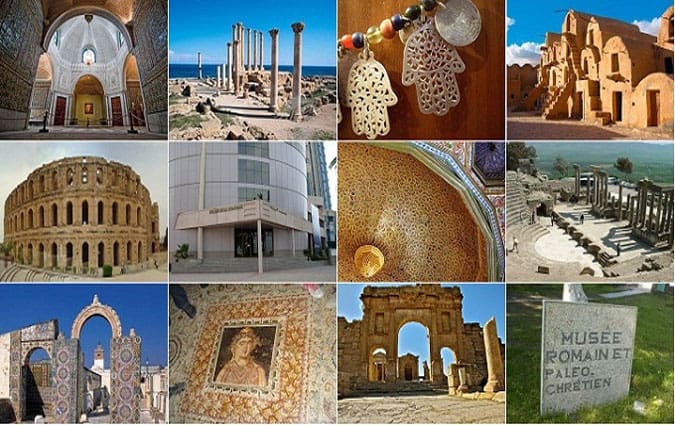
When we talk about the language spoken in any region of the world, it is greatly influenced by its culture, heritage and history. Tunisian culture is extremely diverse due to its long and rich historical past and carries a layer of variations in language with a passage of eras and centuries. Even today, we find glimpses of the Roman Empire, French, Arabs and Ottomans in their rich historical culture and heritage.
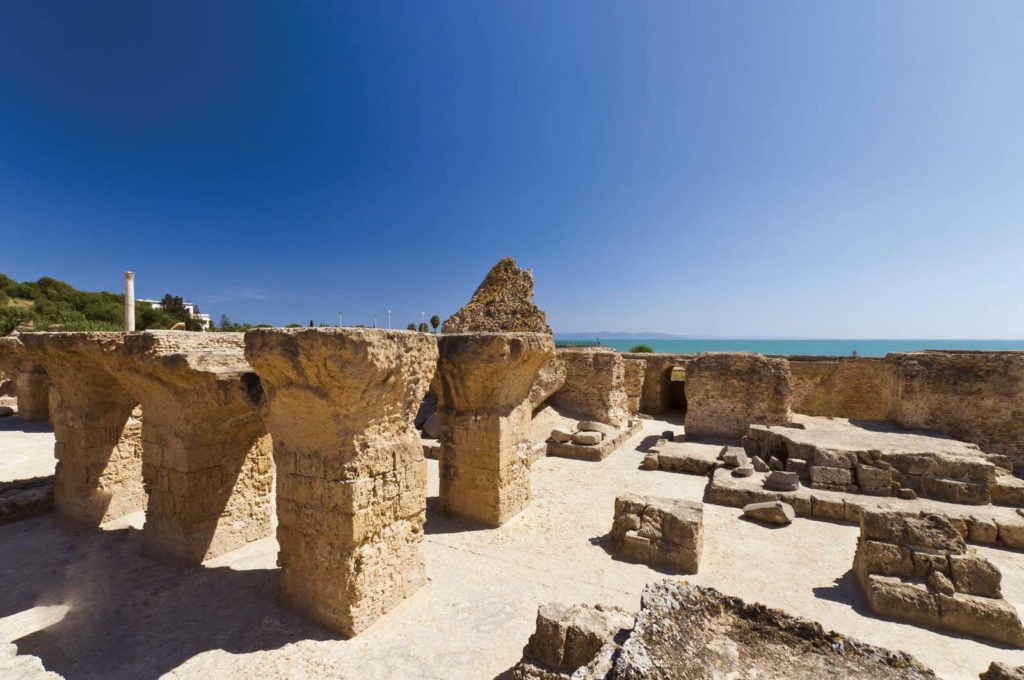
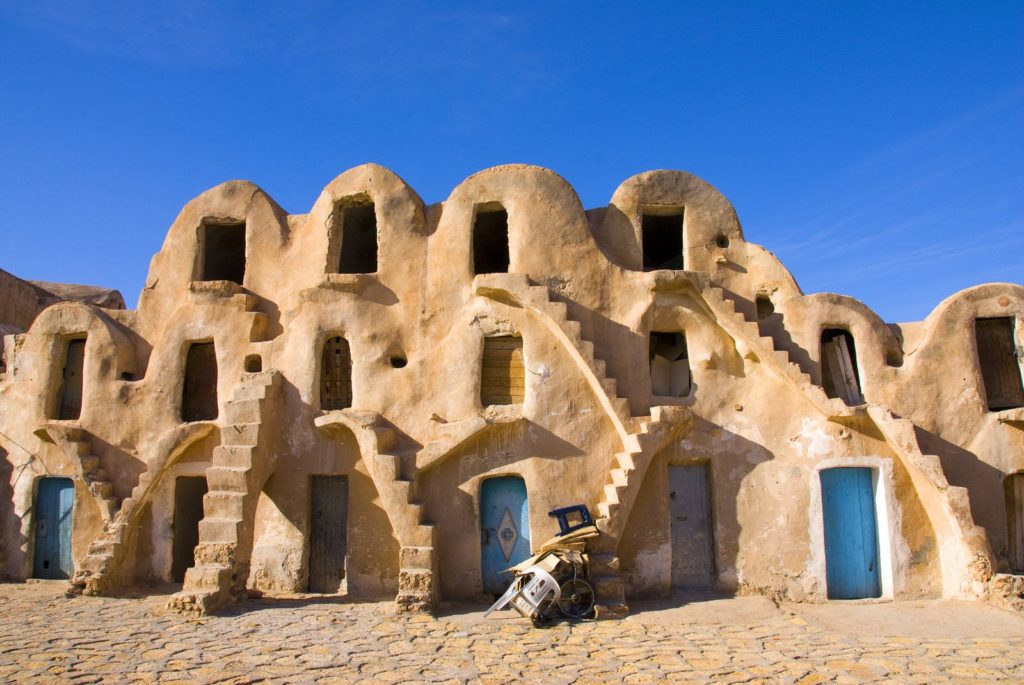
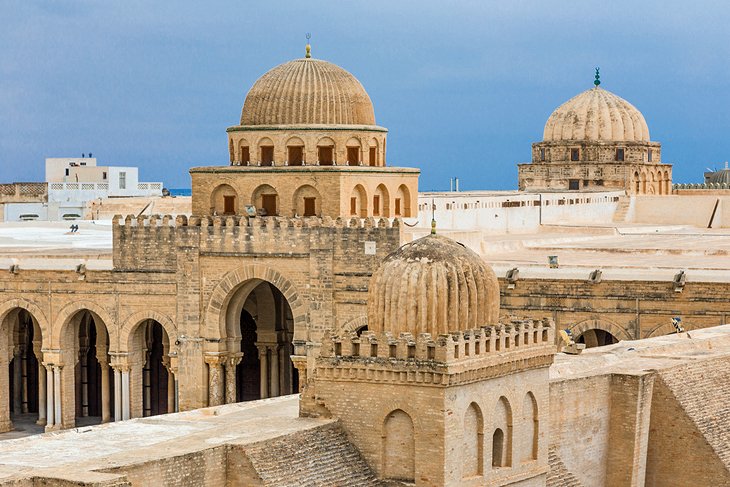
Today’s modern day Tunisia consists of three major languages including the local Tunisian language, Arabic and French. Arabic is the main language which is used as an official language for all official purposes like documentations, television news channels, sign boards, billboards and restaurants.
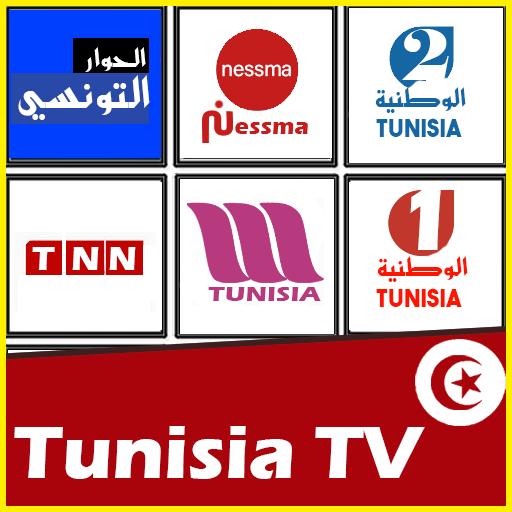
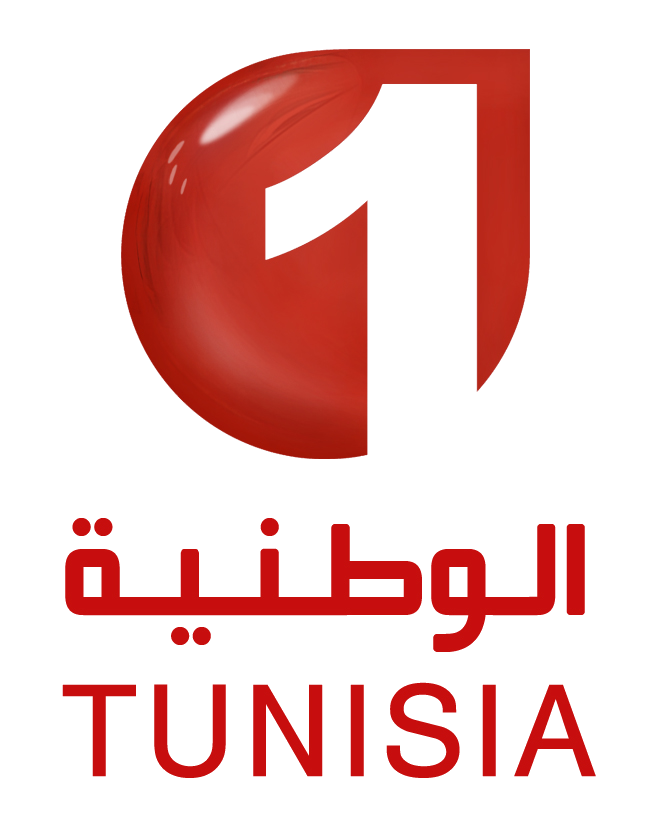
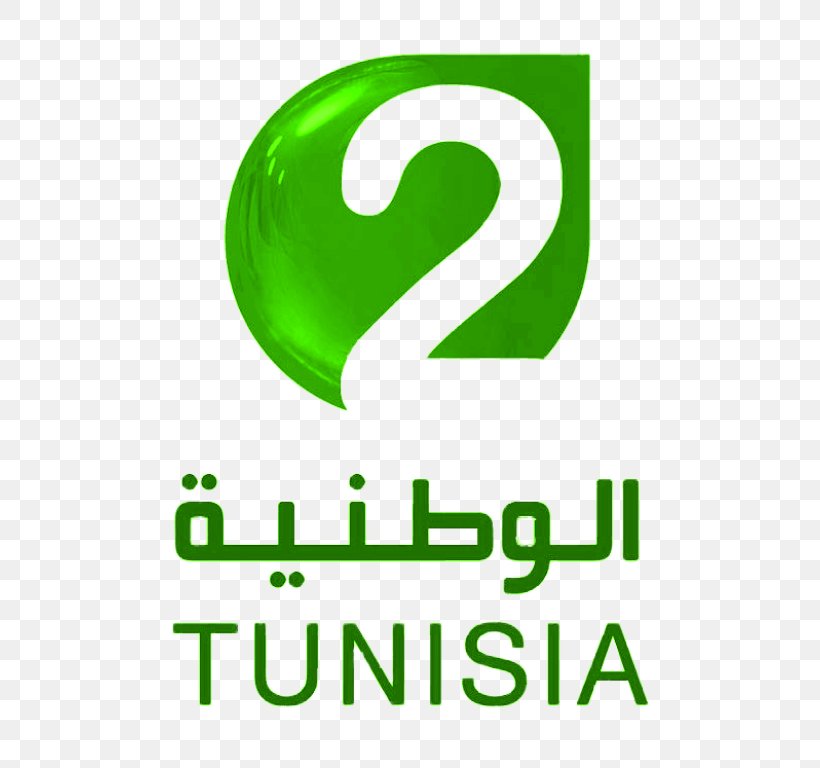
On the other hand, French also plays an important role in Tunisia as it is taught to the students from the age of eight. French is also used at secondary educational level. Around 60% of the population in Tunisia read or understand French. Even many of the Tunisian newspapers are published in French language for local and international readers.
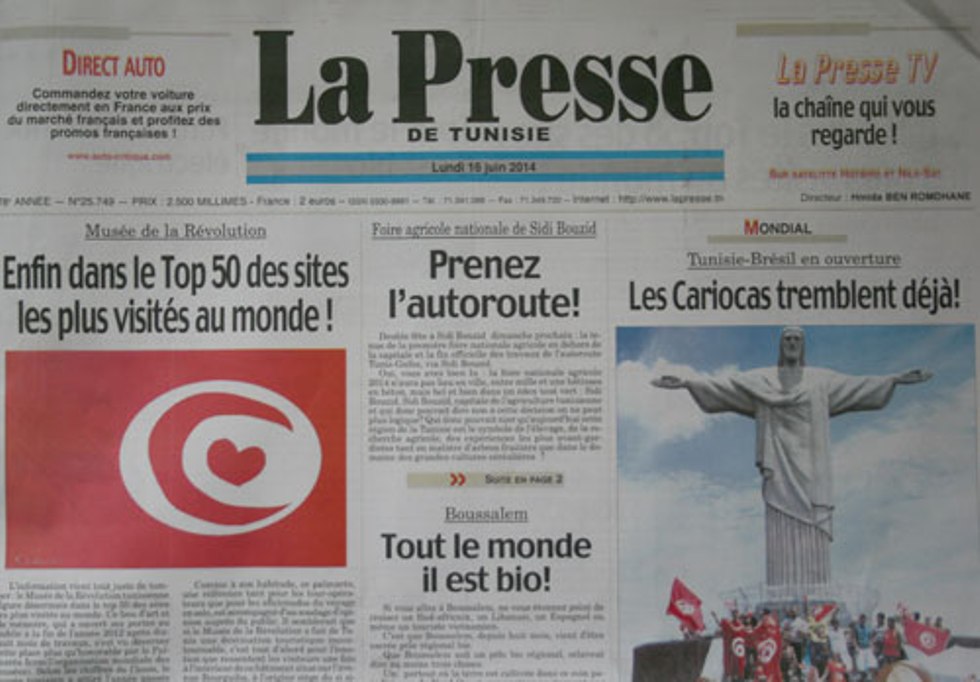
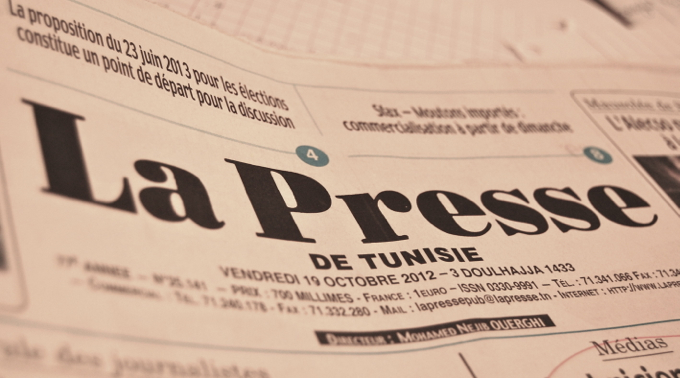
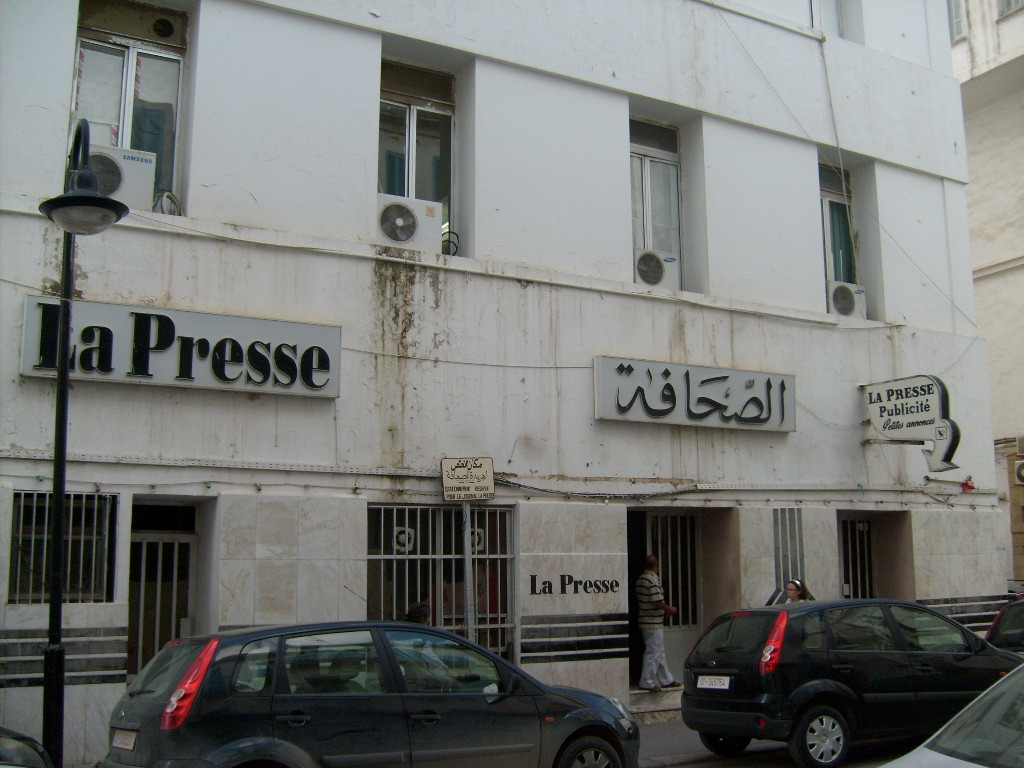
Third and the most important language in Tunisia is the local Tunisian language which is also known as Darija and this language is spoken by almost 11 million people in Tunisia. Many people have the misconception that Arabic and Local Tunisian language are the same language. When foreigners who are fluent in Arabic visit Tunisia, they are unable to understand the local language or find difficulty in understanding the local language but local people are fluent in Arabic and French which makes it easier for the cross cultural communication between the locals and the foreigners.
ACCORDING TO THE AUTHOR DR. NADIA SOUAYEH FROM TUNISIA:
Tunisia is a small country located in the North of Africa. The official language is Arabic but what most people don’t know is that the spoken Arabic is so different from the standard one, in another words, the one used to write, in “Quran”

And it differs from one Arabic country to another, for example the word “Shoe”, in the standard Arabic it’s حذاء hetha, in the spoken Arabic in Tunisia it’s sabait, in Egypt it’s gazma.
So where did all of these words come from??
It depends on some historical facts: the Amazigh indigenous people of North Africa. Many words from that area are still used even today, in darja such as bakouch which means the one who can’t speak or hear.
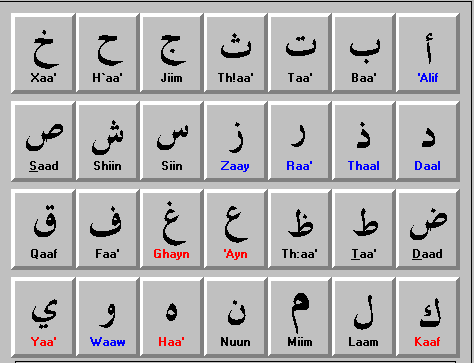
Some people still speak Amazigh even today in Tunisia, they are about 50000.
And also the effect of French, Spanish, Italian and even Turkish.
It’s a unique mixture that made this spoken language, a three thousand years of history and a really interesting multi-ethnic influx.
And even in the same country, some words would change from one City to another, such that the” I “, it goes from “ana”انا” to “aini”اني” to “any”آني”.
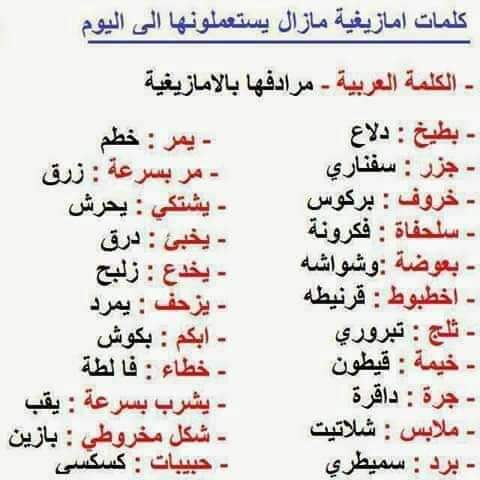
Tunisian start learning how to write the standard Arabic at the age of 6, then they start to learn French at the age of 8, which is the second most used Language there, in fact so many words are casually used in a day to day life , such that train , métro, taxi….. And starting from high school, every scientific subject is taught in French like math, physics, science.
Actually, they won’t even know the scientific names of many things in Arabic.
At the age of 12 they start learning English, and in the last two years of high school they have to choose one other subject, which can be another language such as Spanish, Italian, Dutch, Russian , Chinese… or it could be a painting or music class, but most choose a language.
So an average educated Tunisian would be able to understand and communicate using Arabic and French besides the spoken Arabic, which should be a language itself.
NOTE: Kindly give us feedback about the article, if you are willing to get more knowledge about linguistic similarities and differences between Arabic, its dialects and other languages including Local Tunisian Language; kindly let us know because it is just the beginning.
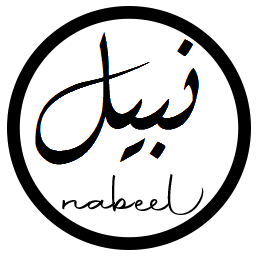
Really interesting topic… I loved it… Kindly write some more articles in future about other dialects of Arabic spoken in different parts of Arabia..
I would love to know about the dialects of other Arabic countries..like Sudan, Egypt, Saudi Arabia, Morocco, Lebanon…. Etc..etc.. Kindly write one complete article on it..
Nice article, Keep it up!
Dr. Nadia Souayeh, are you a medical doctor or Doctorate?
Nice article… There should be a sequel of it explaining different dialects among Arab countries and how they understand each other..
It’s a refreshingly good piece of writing. Yes a sequel would certainly be a welcoming read. Great job Nabeel. 🌟🌟🌟
Thanks Mam
I didnot know it earlier that there are some other languages other than Arabic in Tunisia… Thanks for the share…